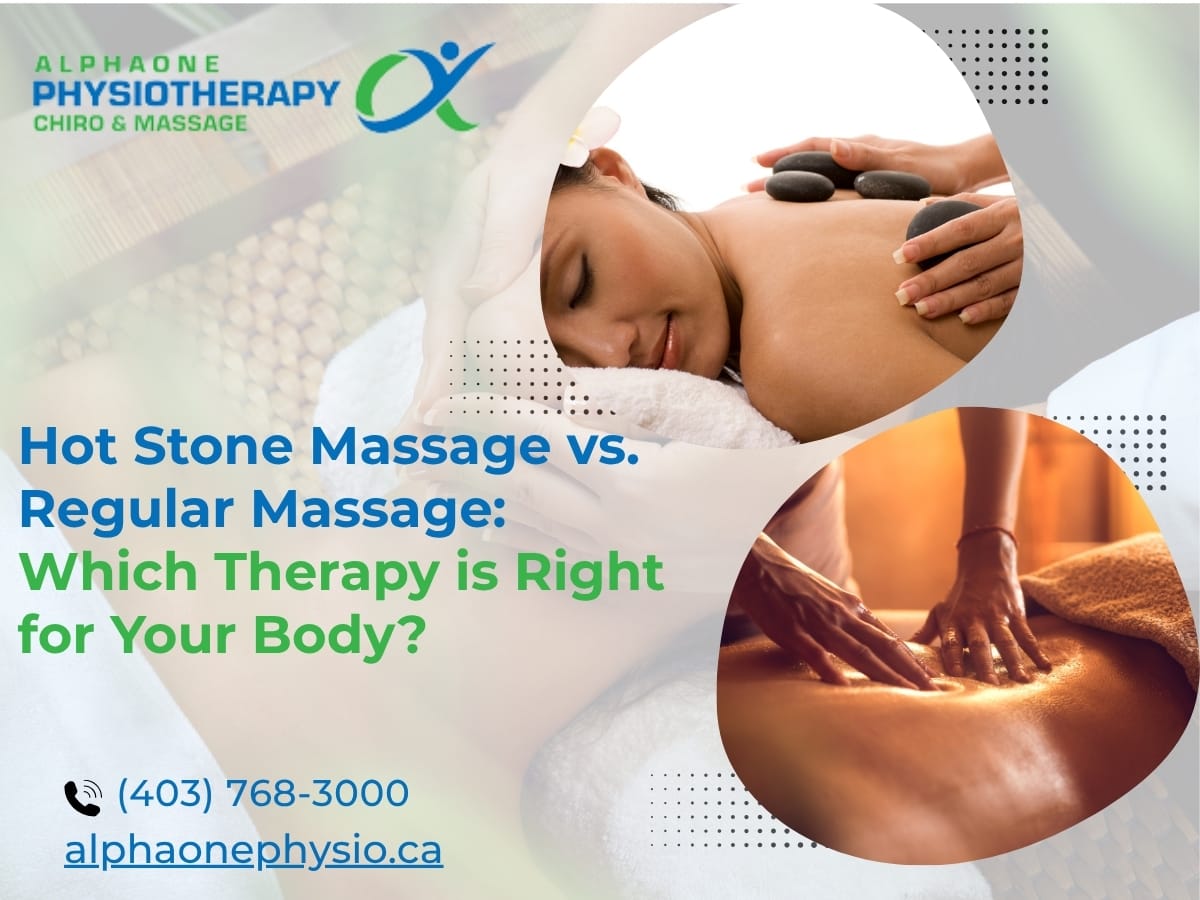You’re driving down the road, enjoying a peaceful ride, when suddenly you’re jolted forward and then rapidly backward. This abrupt motion caused due to rear end collision is not just startling — it can also cause type of neck injury known as whiplash injuries.
Whiplash and neck injuries are often unwelcome passengers in many motor vehicle accidents (MVAs). Their impact can range from minor discomfort to debilitating chronic pain, affecting the neck, cervical, and thoracic. Let’s hitch a ride into the world of these injuries and explore their causes, symptoms, and effects.
What is Whiplash?
Whiplash is a neck injury caused by a violent, quick back-and-forth neck movement, similar to the snapping of a whip. This sudden movement can result in soft tissue injuries, which can affect the muscles and ligaments in the neck, leading to a neck sprain or strain.
While whiplash is most commonly associated with MVAs, it can also be caused by sports accidents, physical abuse, heavy objects, and other traumas. The impact can damage the intervertebral joints, discs, ligaments, cervical muscles, and nerve roots.
Symptoms of Whiplash include
Some of the common symptoms of whiplash may include:
- Neck pain and neck stiffness
- Cervical Spine stiffness with reduced range of movement
- Headaches that usually begin near the base of the skull
- Tenderness or soreness in the shoulders, upper back, or arms
- Tingling or numbness in the arms
- Fatigue
- Dizziness
Some people also experience:
- Blurred vision
- Ringing in the ears (tinnitus)
- Sleep disturbances
- Irritability
- Difficulty concentrating
- Memory problems
- Depression
Whiplash symptoms may appear immediately after the motor vehicle accident or take a few days to develop.
The Role of Physiotherapy in Managing Whiplash and Neck Injuries
Physiotherapy is an essential part of the treatment plan for whiplash, neck, and other related common injuries. It reduces chronic pain, improves mobility, and strengthens neck muscles to prevent further the motor vehicle accident injury treatment. The goals of physical therapy for neck and whiplash injuries may include:
- Restoring normal neck movement and function
- Reducing cervical spine pain and stiffness
- Strengthening neck muscles and improving the posture of the spinal cord
- Preventing further neck problems
Techniques for Whiplash and Neck Injuries
While instruments like cervical-collar may help with symptoms of whiplash, including neck strain, physiotherapy is also essential. Physiotherapists use a variety of techniques to treat whiplash and neck injuries. These include:
- Manual Therapy: This involves hands-on treatment to mobilize the joints and soft tissues in the neck. Manual therapy can help reduce pain and stiffness and improve range of motion.
- Exercise Therapy: Physiotherapists prescribe specific exercises to help strengthen the neck muscles, improve mobility, and enhance posture. These exercises can be performed at home and are a vital part of the rehabilitation process.
- Pain Management Techniques: Heat or cold therapy, electrical stimulation, or ultrasound are examples of pain management techniques.
- Education and Advice: Physiotherapists advise on posture, ergonomics, and lifestyle modifications to help manage symptoms and prevent further injury.
Read Related Article: What to Expect in Motor Vehicle Accident (MVA) Rehabilitation?
The Role of Early Intervention
Early intervention in whiplash and neck injuries is crucial. Research has shown that starting physiotherapy treatments and neck exercises soon after the injury can lead to better outcomes and prevent the development of chronic symptoms like neurological signs or physical signs. Early physiotherapy interventions may include gentle exercises to keep the neck moving, advice on pain management, and education about the injury and recovery process.
How AlphaOne Physio Can Support Whiplash and Neck Injury Patients?
AlphaOne Physio has extensive experience in the management of whiplash and neck injuries. Our experienced physiotherapists can provide you with an individualized assessment and treatment plan tailored to meet your needs regarding Whiplash-Associated Disorders.
We use hands-on manual therapy, active rehabilitation exercises and patient education to help you achieve optimal recovery outcomes from your neck and/or whiplash injury.
Our treatments are designed to help reduce pain, improve range of motion, restore strength and ultimately get you back on track with your normal activities. Our goal is to always provide safe, effective treatment to help you reach your rehabilitation goals as quickly and effectively as possible.
Read Also: Benefits of Kids Physiotherapy
The Bottom line
Understanding whiplash and neck injuries is key to managing them properly. While the effects of these injuries can vary from person to person, the most important thing you can do is seek medical attention when you believe you have sustained one. This will ensure that your body heals safely and healthily and that any treatments prescribed are appropriate for your situation.
If you are looking for whiplash treatment ne Calgary, look no further than AlphaOne Physio. Our team of qualified physiotherapists, experienced in complaints of neck pain, can help you identify the cause of your whiplash and create a tailored treatment plan that fits your needs. We provide treatments such as manual therapy, therapeutic exercises, dry needling, and electrotherapy to reduce pain and restore mobility






